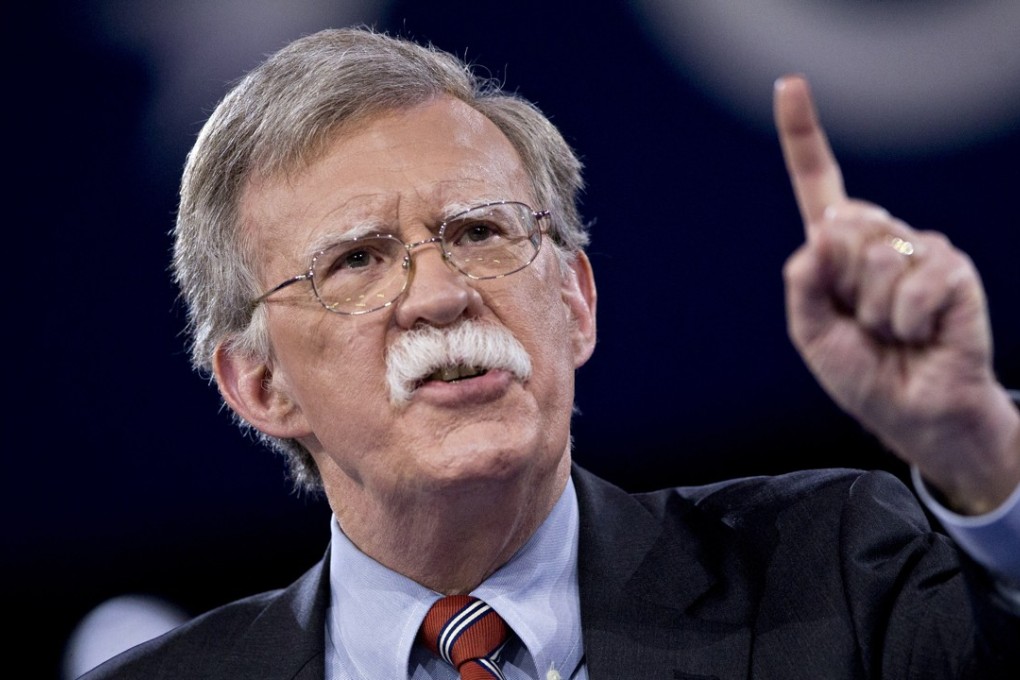Abacus | Would ‘America First’ Trump be Xi Jinping’s first choice for president?
There’s one standout candidate for helping the Chinese president realise his own long-term political goals. Guess who ...

So, at first glance it might seem that Xi Jinping has little if any reason to favour the orange-hued former reality television star as US president.
But to jump to such a conclusion could well be a mistake. If Xi really were to have a vote in a US presidential election, there is every reason to believe he would cast it for the candidate likely to give him the best chance of realising his own long-term political goals.
Trump’s opening salvo in trade war with China misses its mark
As the unchallenged big boss of China, Xi wants China itself to ascend to become the unchallenged big boss of the whole Asia-Pacific region, if not the entire world.
Considered in those terms, from Xi’s perspective Trump could well be a much better US president than almost any other potential candidate.
Trump’s aversion to overseas entanglements, his criticism of the US military umbrella, and his suspicion of multilateral trading arrangements seem almost tailor-made to create a regional power vacuum into which China can step.
Trump’s withdrawal of the US from Barack Obama’s Trans-Pacific Partnership dismantled at a stroke the region’s most effective tool for countering a future Chinese economic hegemony. And the US president’s boorishness and unpredictability only make China look like a credible regional leader by comparison.
